
Tips for travelling the EU on a budget
The European Union covers both a very diverse and fascinating region of the world.
It is a region in which 50 languages are spoken (of which 24 are official languages) and a region in which you can both swim in the Atlantic Ocean in Gran Canaria and chase the Northern Lights in the Arctic Circle in Tromso. The European Union has it all: warm seasides, high mountains, big cities and chilly villages. It can surprise you with a desert in Poland, green forests in Northern Spain, and fish and chips served in the middle of the Mediterranean Sea in Malta.
Most importantly, the European Union offers many opportunities to be discovered. Here are some tips on how you can make the most of it on a student budget.
The first possibility involves joining the student organisation “AEGEE”. It is an interdisciplinary student organisation which brings together over 13,000 members from all over Europe and operates in over 200 academic cities (as well in Armenia, Azerbaijan, Belarus, Georgia, the Republic of Moldova and Ukraine). Its aim is to promote the idea of a common Europe among young people.
One of the most interesting projects is the so-called “Summer University”. Every summer, you can take part in one of over 40 international trips abroad to diverse regions from the Canary Islands to Siberia. The price of a 10-day trip starts at around 100 euros, and it may turn out to be one of the greatest experiences in your life! Although it is a bargain price, 100 euros may still exceed your budget, so it is always worth looking for financial support at your home university. As part of the Summer University, you can try out an eco-lifestyle on a bike trip in the Netherlands, explore the secrets of technology and start-ups in Estonia or walk the famous Way of Saint James to Santiago de Compostela in Spain.
There are many other international student organisations conducting similar activities, including “BEST”, for students of technical universities; “ELSA”, for law students; “EFPSA”, for psychology students; and “AIESEC”.
The second option, Erasmus+, is not just a study abroad programme. It is also a series of projects such as the European Voluntary Service, training and international exchanges. Exchanges are meetings of at least two groups of peers from two different countries, organised via youth organisations, and are available to 13-30 year olds. These projects can be devoted to any topic, but the most important goal is to gain experience outside the confines of a school or university (so-called ‘informal education’).
The subject matter of the projects is incredibly diverse; they can relate to topics such as sport, art, democracy, hate speech – anyone can find something that interests them. As part of the programme, you can even take part in a “Couchsurfing Day” in order to get to know the relevant country better! As part of cultural evenings, participants have the chance to discover customs from different corners of the world, as well as to present those of their own homeland to others. Projects are free, as the European Union covers all costs related to the implementation of the programme, accommodation, meals and flights.
However, it is important to remember that free travel should not be the only purpose of participating in projects offered by student organisations, non-governmental organisations, or financed by European or other funds. The main goal is to experience intercultural education and learn skills such as language skills which are useful in the future for your professional life.
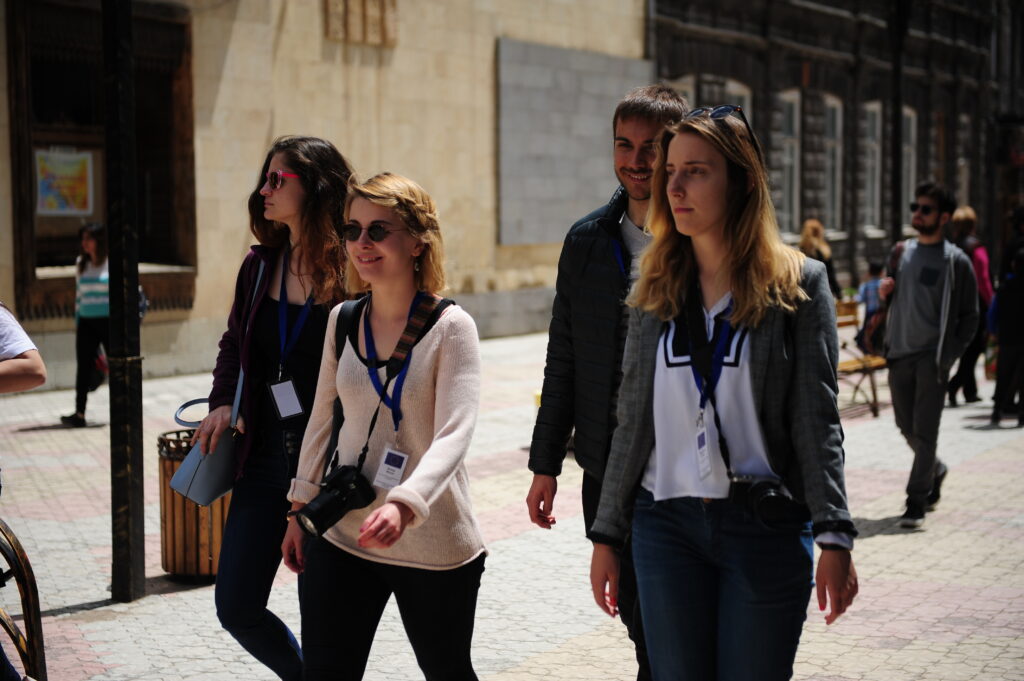 Photo
Photo photo
photo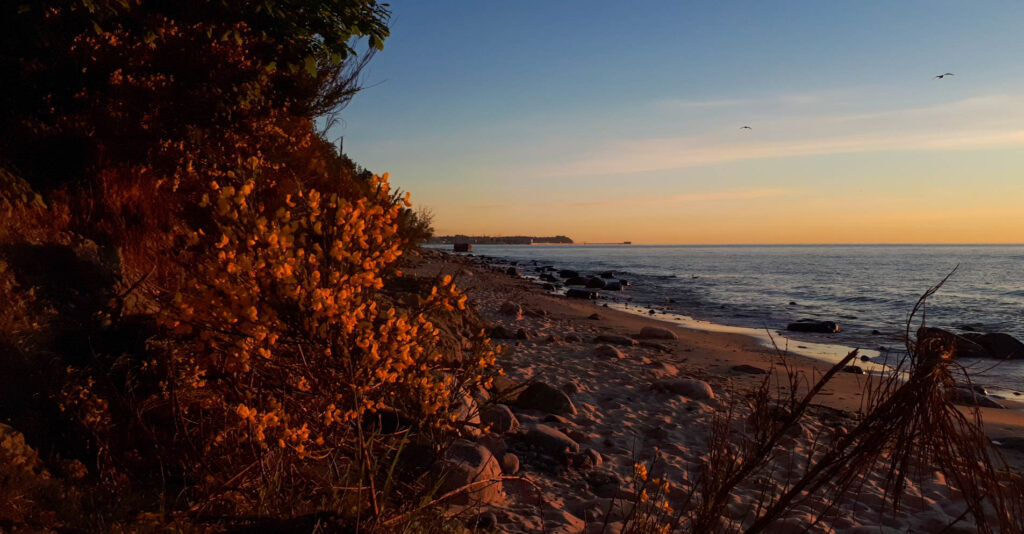 photo
photo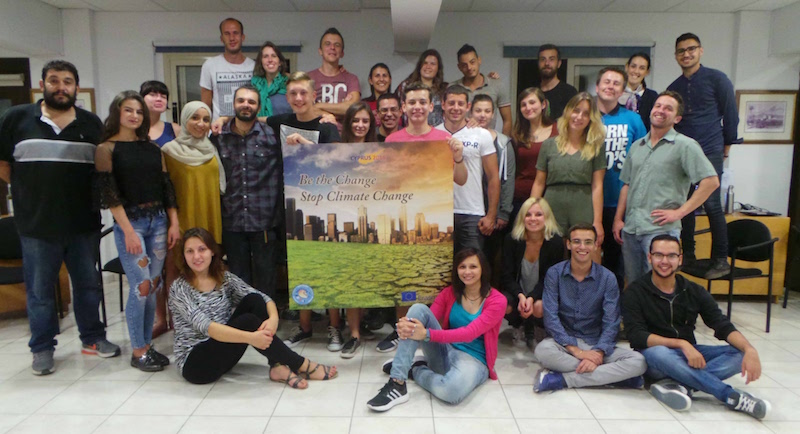 photo
photo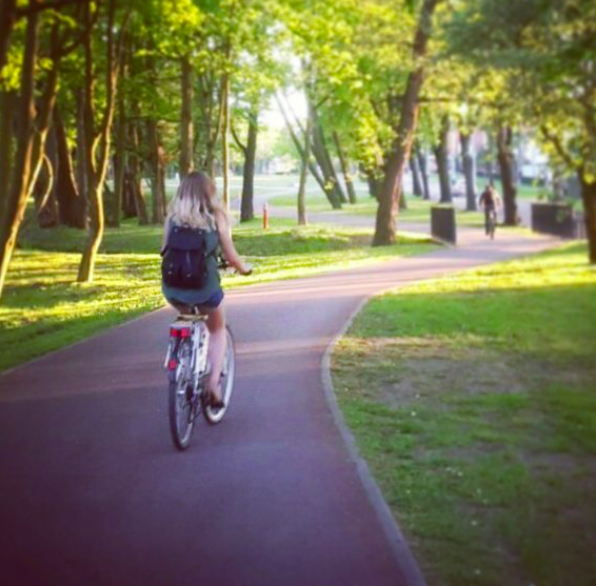 photo
photo
“FLYING CAN OFTEN BE CHEAPER THAN TAKING A BUS”
If you just want to travel on your own, it may surprise you to learn that flying in Europe can often be much cheaper than taking a bus or a train. If you learn how to make use of low-cost airlines, endless travel opportunities will appear.
If you are from… the Caucasus
There are two airports that offer comparably cheap connections to Europe: Kutaisi and Baku, both of which are operated by Wizz Air. For example, flights from Kutaisi to Greece, Cyprus and Germany start at just 9 euros.
If you are from… Ukraine
Wizz Air currently runs flights from three airports in Ukraine: Lviv, Kyiv and Kharkiv. From neighbouring Polish cities (Rzeszów, Lublin, Warsaw) you can also fly with Ryanair, Wizz Air and Norwegian. For example, from Warsaw you can fly one way to 10 countries for no more than 10 euros.
If you are from… Belarus
Despite the lack of presence of low cost airlines in the Republic of Belarus, there are many options you could consider in the neighbouring countries. With Wizz Air, Ryanair and Norwegian you can fly from Vilnius, Kaunas, Olsztyn and Warsaw. For example, for 10 euros you can jump on a plane from Vilnius to Germany, Poland and Sweden.
If you are from… the Republic of Moldova
The only low-cost airline that operates in Moldova is Wizz Air, flying from Chisinau. However, the Romanian cities of Bucharest, Iași and Suceava offer many connections operated by Ryanair and Wizz Air. For example, travelling to Bucharest would reward you with 10-euro flights to Italy, Israel, Greece, Cyprus and Belgium.
Travelling is the only thing you buy that makes you richer. This time of year is not only one of the cheapest when it comes to flight tickets, it is also a perfect time to plan your travels for the whole of 2018, which has been officially launched by EU as The European Year of Cultural Heritage (EYCH 2018) – a year full of exciting events, celebrations and activities all over the EU.
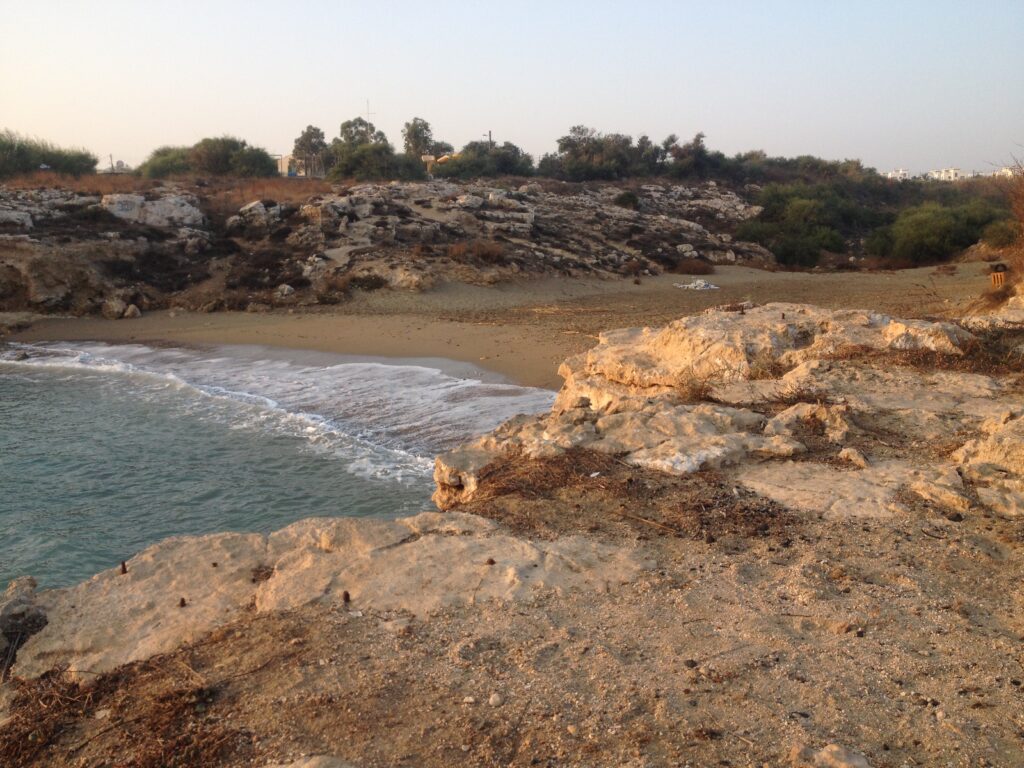 photo
photo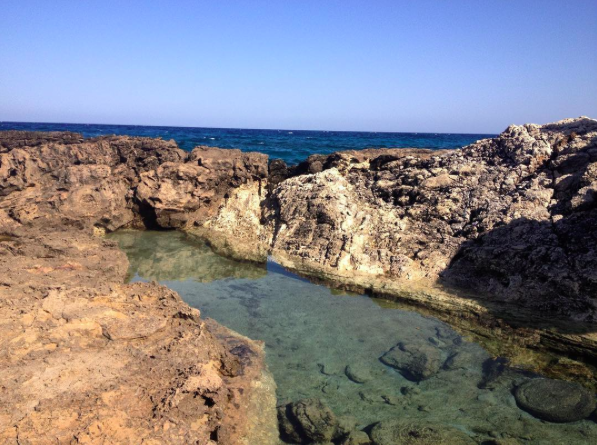 photo
photo
LATEST

How you can help the planet every day

Building Europe: Poland’s experience of joining the European Union and lessons for Ukraine

World Health Day 2024: My Health, My Right

EUREKA MEETS EUROPE – opportunities to develop and study. My experience

Can you wear pink in the workplace?
More campaign pages:
Interested in the latest news and opportunities?
This website is managed by the EU-funded Regional Communication Programme for the Eastern Neighbourhood ('EU NEIGHBOURS east’), which complements and supports the communication of the Delegations of the European Union in the Eastern partner countries, and works under the guidance of the European Commission’s Directorate-General for Neighbourhood Policy and Enlargement Negotiations, and the European External Action Service. EU NEIGHBOURS east is implemented by a GOPA PACE-led consortium. It is part of the larger Neighbourhood Communication Programme (2020-2024) for the EU's Eastern and Southern Neighbourhood, which also includes 'EU NEIGHBOURS south’ project that runs the EU Neighbours portal.

The information on this site is subject to a Disclaimer and Protection of personal data. © European Union,